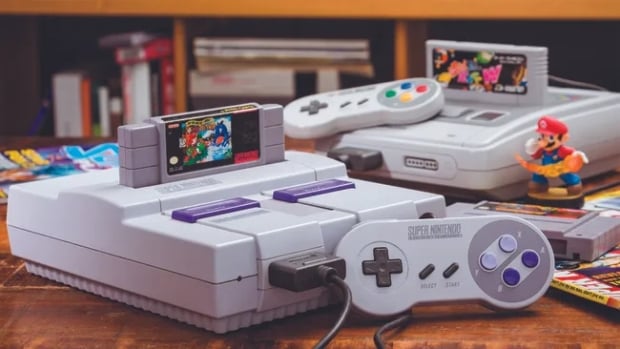A disappointing ending has been reached by the massive effort made to preserve video game history following the recent ruling from the US copyright office.
For three years, the Video Game History Foundation (VGF), along with the Software Preservation Network (SPN), has been backing and pushing a petition to the US copyright office to request a DMCA takedown exemption to build online libraries and archives of video games that are no longer being printed. These digital game libraries of archives would grant researchers or historians the right to access the games through emulators. The VGF argues this is particularly important considering 87% of all video game releases in the US before 2010 are now out of print.
So, what happened? The new ruling has cited the Entertainment Software Association's and other industry lobby groups' belief that there would be a "significant risk that preserved video games would be used for recreational purposes." This line of reasoning sounds ridiculous when you consider that current libraries already lend out digital forms of media, which the majority of people consume for recreational purposes.

"The Register concludes that proponents did not show that removing the single-user limitation for preserved computer programs or permitting off-premises access to video games are likely to be noninfringing. She also notes the greater risk of market harm with removing the video game exemption's premises limitation, given the market for legacy video games," states the final ruling
Unfortunately, this ruling is a blow for all gamers who care about the preservation of the games they grew up on, and ultimately led to the love of gaming they have today. It's particularly unfortunate to see video games perceived differently than other forms of media simply because they are perceived to offer a different entertainment value compared to traditional forms of media. While books and video games are certainly different in many ways, they are both expressions of human-created art that have been enjoyed by hundreds, thousands, and possibly even millions of people.
The reality is copyright holders would rather throw red tape in front of historians and researchers who wish to preserve the publishers' creations over fears that access to legacy titles will harm their market position. Given this stance by the US copyright office, we will likely see many classic video games eventually be forgotten or, at the very least, be needlessly difficult to access for historical purposes.
According to a Forbes article from November 2023, the global gaming industry generated an estimated $184.4 billion in 2022, beating out the global music industry at $26.2 billion and the global movie industry at $26 billion in box office revenue in the same year. The gaming market is more than double the size of movies and music combined, and yet there isn't infrastructure in place to preserve its successes and failures.
"I'm proud of the work we and the orgs we partnered with did to try and change copyright law. We really gave it our all, I can't see what else we could have done. This fails the needs of citizens in favor of a weak sauce argument from the industry, and it's really disappointing," said VGHF founder and director Frank Cifaldi



